By Joshua Swank
From UC Irvine to the University of Oxford, St. Antony’s College
I felt prepared for challenges when I studied abroad because student diplomacy was rooted in my childhood. I remember attending naturalization ceremonies (the culmination of the process of becoming a US citizen) with my father. Back then, I witnessed folks from all walks of life proudly accepting the duties of American citizenship. It was beautiful and inspiring, and I often wondered, “How do they do it?”
I didn’t realize it at the time, but in those moments I was witnessing student diplomacy in action—I just didn’t have a name for it yet.
The concept of student diplomacy was defined for me in 2019 when I studied abroad in Israel-Palestine and Jordan. It was later confirmed when I studied abroad in the UK in 2022.
This is my story of student diplomacy and how embracing the concept vastly improved my study abroad experience. It can help you too!
My Journey with Student Diplomacy
Diplomats spend a lifetime learning new cultures and languages to develop a solid understanding of the countries in which they work. An open mind and willingness to accept the reality of cultural differences are essential to a diplomat who wants to develop relationships with the people in the countries in which they work. The best diplomats embrace curiosity and uncertainty as they travel to new places and meet new people.
In the Middle East, our program advisors told us to become comfortable with discomfort. To ease the transition in my new surroundings, I embraced the concept of student diplomacy, which centers on building bridges between nations and peoples while working to express oneself as a cultural ambassador.
Taking the mindset of student diplomacy while studying abroad is a way to ground and shape your journey so you can best represent your community, home university, and core values abroad—while also embracing all the aspects of your host region.
Implementing student diplomacy can help you in your experience studying abroad and prove helpful as you carve out a career.
Student Diplomacy Defined
There are five pillars of student diplomacy and they can be easily remembered by the acronym CODES. I’ll break each of these down.
Cultural Competence (C)
In preparing my cohort to handle the Middle East’s complex and sometimes contentious issues with grace, our faculty mentors and coordinators stressed the importance of cultural competence.
The term cultural competence describes your ability to navigate a new context and adjust your values accordingly. It speaks to a strengthened level of social awareness, maturity, and emotional intelligence. These abilities serve as the foundation for mutual respect between individuals of varying cultural and national backgrounds—and the skill is highly desired by employers.
To learn and implement cultural competence, it’s often recommended that you think globally and act locally. Specifically, I recommend attending intercultural or interfaith events to embrace the diversity in your community and host campus. Approach these spaces with a sense of humility and curiosity. Over time, the habit of asking questions and engaging with different communities will strengthen your cultural competence.
Observation (O)
In the Middle East, our program coordinators required us to keep a daily journal of our experiences. This was to empower our observational and active listening skills.
Starting this habit, even with just a paragraph a day, can train your mind to identify similarities and differences between your home culture and what you see and experience abroad. The habit aids immersion while improving your note-taking and writing skills, which can improve your overall studies and future profession.
Education (E)
The poet Maya Angelou once said, “If you know better, you do better.” I take this advice to heart as it is critical to the principle of student diplomacy.
To prepare for my time in the Middle East, I took introductory lessons in Arabic and Hebrew. Additionally, I read tons of academic articles and personal narratives relating to life in the region. This helped me naturally adapt to and more fully understand my study abroad destinations.
Additionally, educating myself on British culture helped me when I ventured to England to study abroad in the summer of 2022.
My knowledge of classic English writers like Shakespeare, Tolkien, Orwell, and others gave me more expansive knowledge. This was critical in helping me develop valuable and productive dialogues with both my professors and locals.
Diplomacy (D)
Yes, the magic word, “diplomacy!” During my summer abroad at Oxford University, I found myself immersed in a cosmopolitan atmosphere unlike any I had ever known. For many of the exchange students there—especially those from Singapore, India, and China—I was the first American they had ever met!
You may encounter such a case yourself while studying abroad; it is a unique responsibility and an opportunity to enact student diplomacy.
I recall several discussions in England where I had to explain the differences between the political left and right in the American context as opposed to that for the English system (which is a bit different—but that’s another story!). By practicing diplomacy, I exhibited and communicated patience, empathy, and clarity to the international students in a revealing and heart-warming exchange.
Socialization (S)
While studying abroad, I was constantly exposed to the different ways people abroad interact with one another. Here’s where things get a little complex.
Cultural communication dynamics are “high-context” or “low-context”. High-context communication generally makes use of body language, tone, and other non-verbal cues, whereas low-context communication is straightforward and relies more directly on the spoken word.
Understanding these contexts helps you understand what to expect from a new culture and how to participate in it meaningfully.
Final Takeaway
Student diplomacy makes you a better listener and a better communicator—traits that will help you not only while abroad and in other travels, but also in pretty much any career you choose. I currently work as a policy analyst for UC Irvine’s Department of Civil and Environmental Engineering and volunteer as an English as a Second Language (ESL) instructor.
Approaching my work with a student diplomacy mindset has benefitted my teamwork abilities and interactions with my fellow researchers, strengthening our workflow. It’s also helped me design lesson plans that really resonate with my students from other countries.
Without putting my student diplomacy skills to work, I would fall short as a leader and a teacher. I have my study abroad experiences to thank for knowing how to implement it.
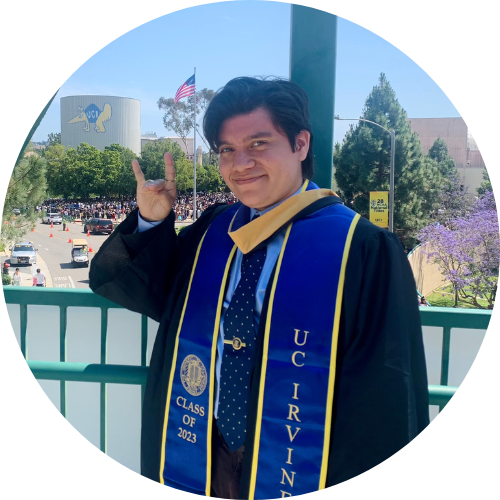

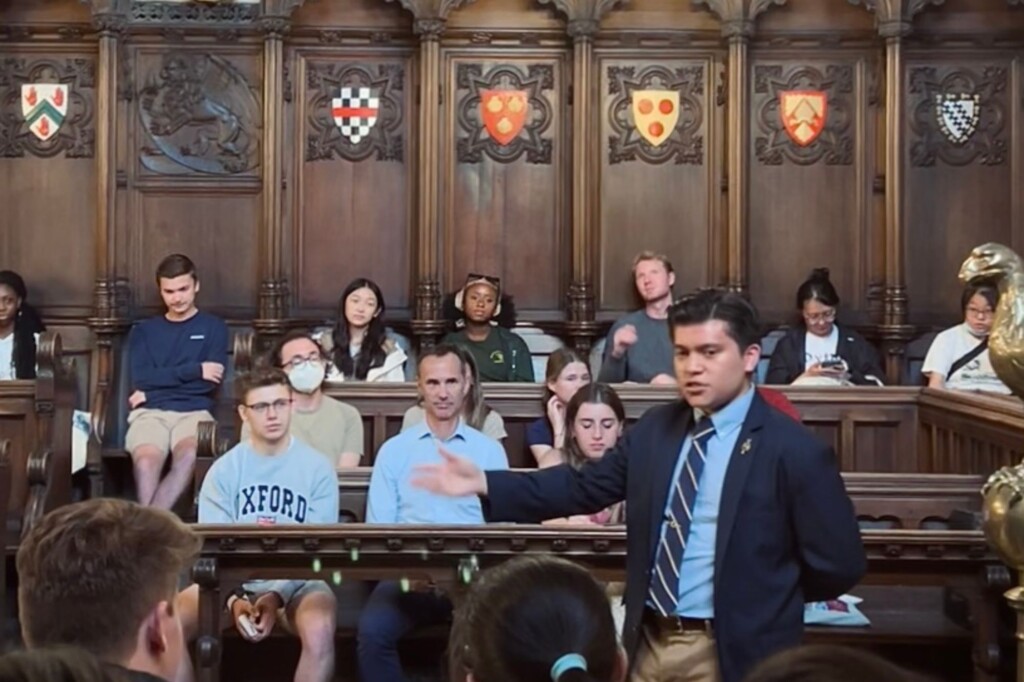
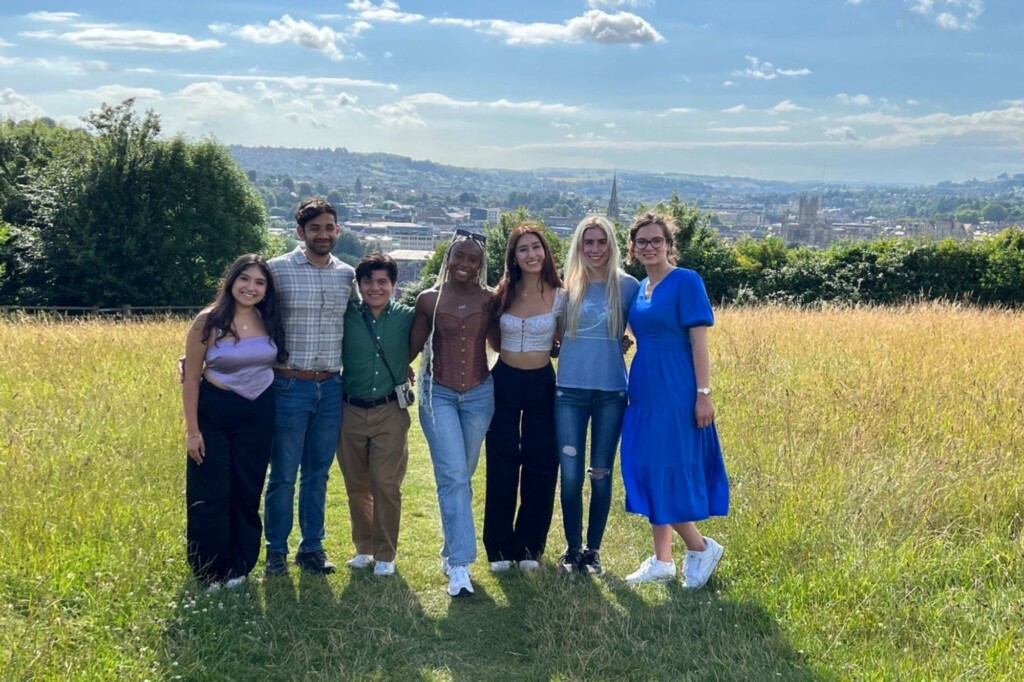
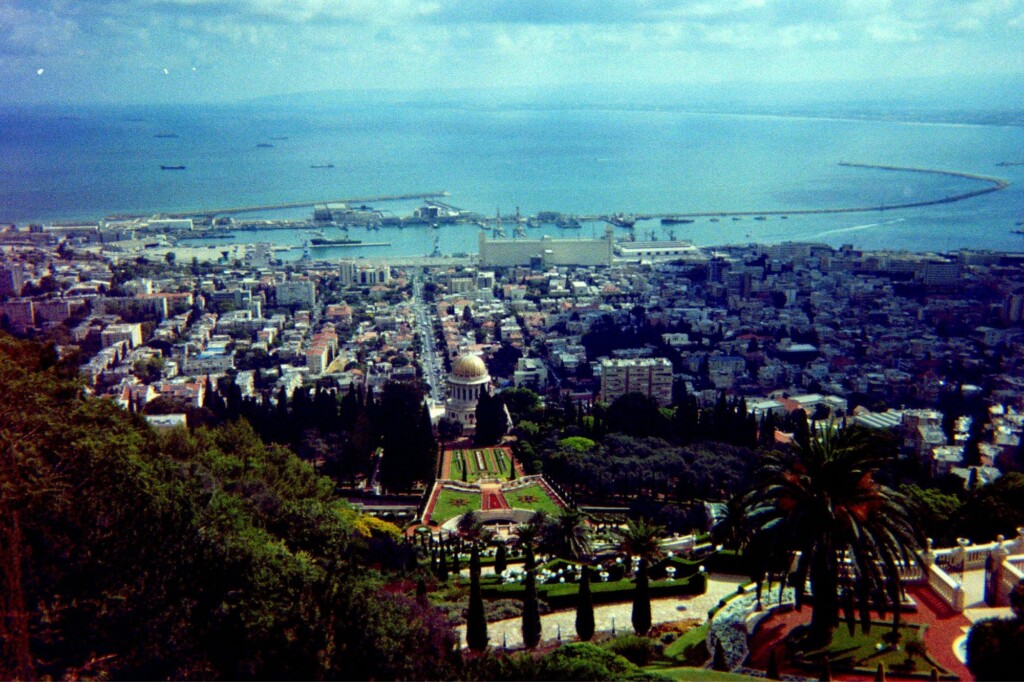
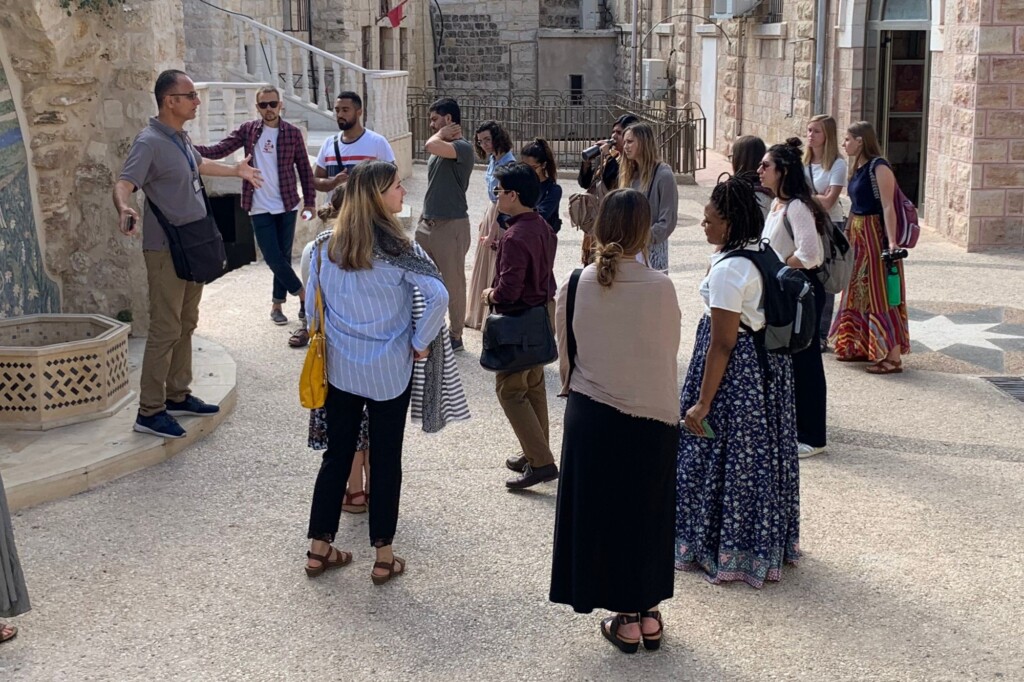
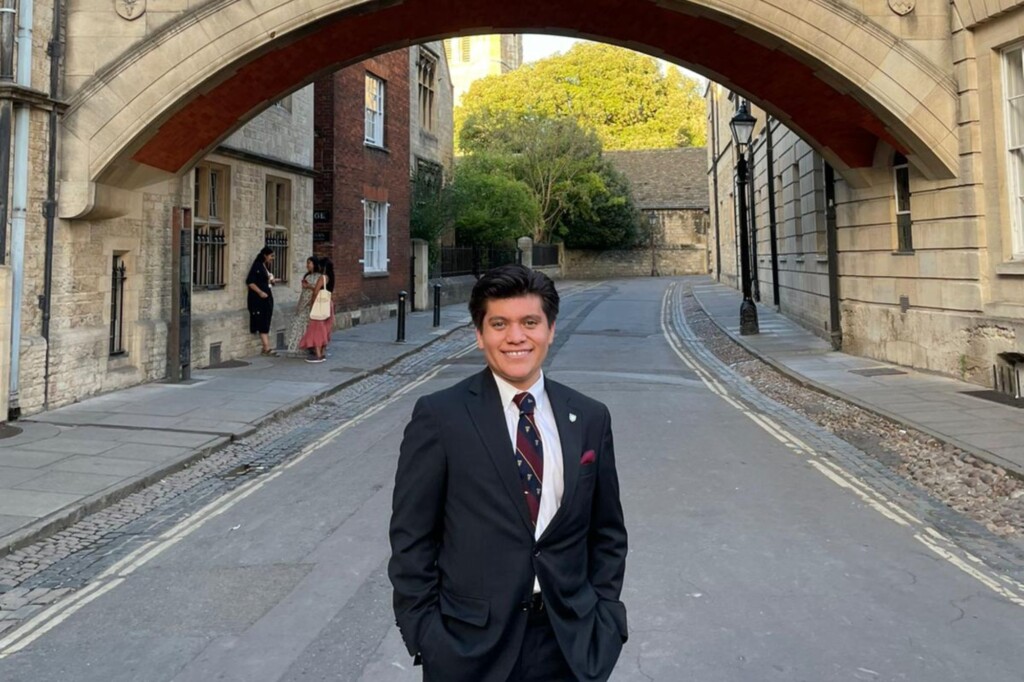
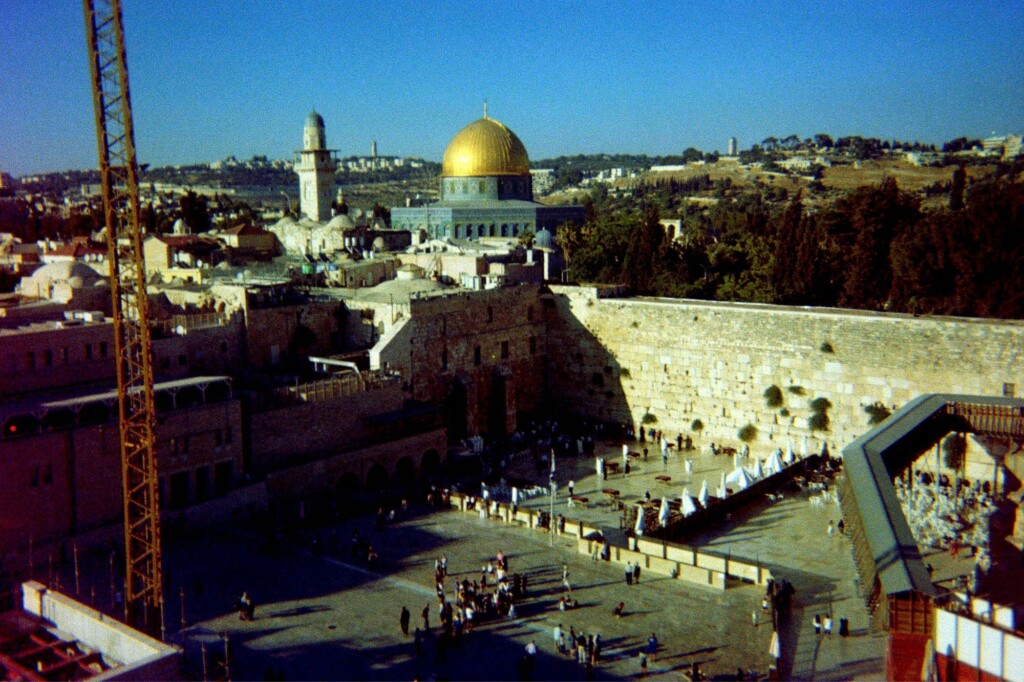
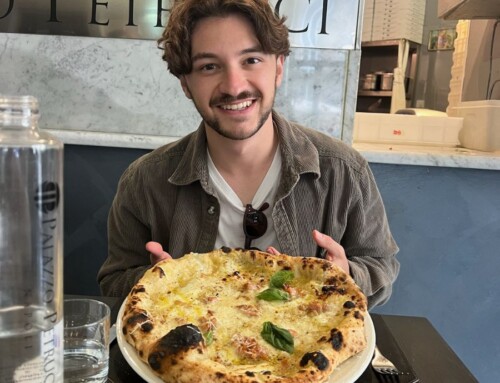

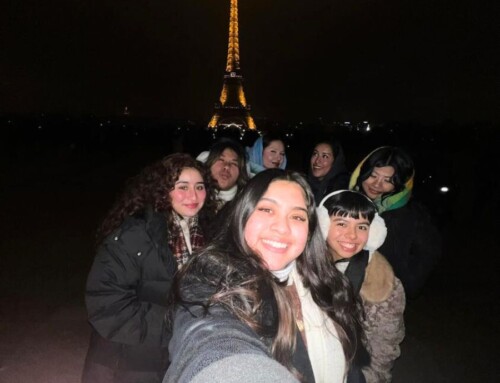
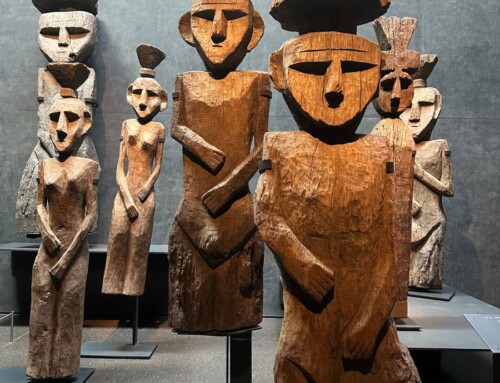
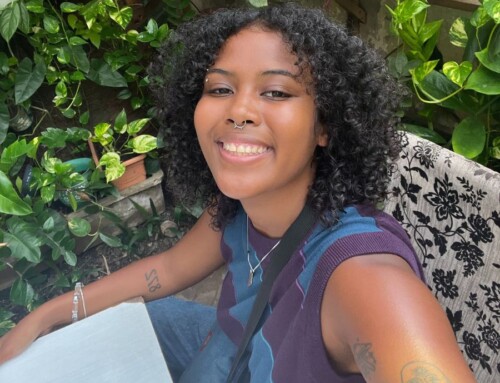

Leave A Comment